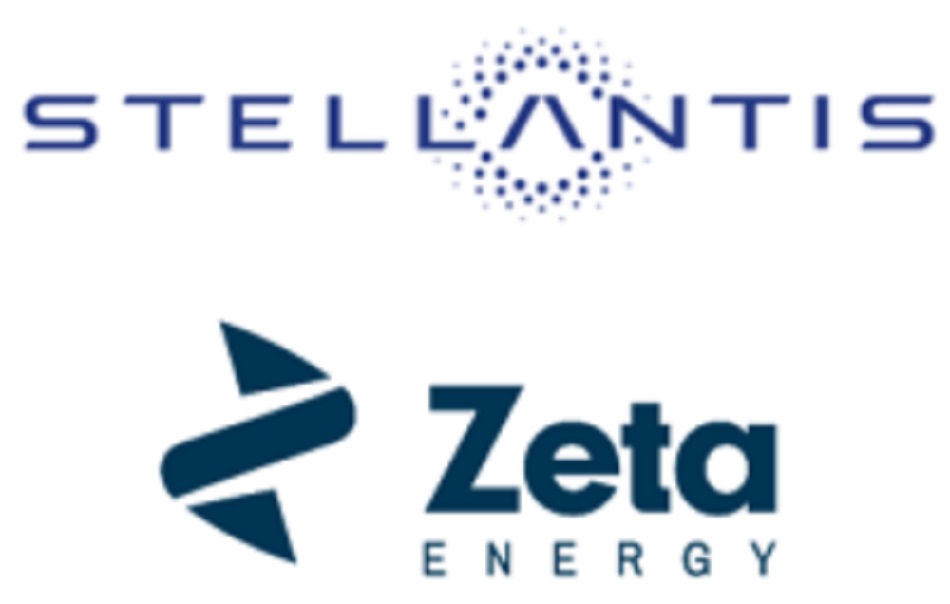Stellantis N.V. and Zeta Energy Corp. announced a joint development agreement aimed at advancing battery cell technology for electric vehicle applications.
The partnership aims to develop lithium-sulfur EV batteries with game-changing gravimetric energy density while achieving a volumetric energy density comparable to today’s lithium-ion technology.
For customers, this means potentially a significantly lighter battery pack with the same usable energy as contemporary lithium-ion batteries, enabling greater range, improved handling and enhanced performance.
Additionally, the technology has the potential to improve fast-charging speed by up to 50%, making EV ownership even more convenient.
Lithium-sulfur batteries are expected to cost less than half the price per kWh of current lithium-ion batteries.
“Our collaboration with Zeta Energy is another step in helping advance our electrification strategy as we work to deliver clean, safe and affordable vehicles,” said Ned Curic, Stellantis Chief Engineering and Technology Officer.
“Groundbreaking battery technologies like lithium-sulfur can support Stellantis’ commitment to carbon neutrality by 2038 while ensuring our customers enjoy optimal range, performance and affordability.”
“We are very excited to be working with Stellantis on this project,” said Tom Pilette, CEO of Zeta Energy.
“The combination of Zeta Energy’s lithium-sulfur battery technology with Stellantis’ unrivaled expertise in innovation, global manufacturing and distribution can dramatically improve the performance and cost profile of electric vehicles while increasing the supply chain resiliency for batteries and EVs.”
The batteries will be produced using waste materials and methane, with significantly lower CO2 emissions than any existing battery technology.
Zeta Energy battery technology is intended to be manufacturable within existing gigafactory technology and would leverage a short, entirely domestic supply chain in Europe or North America.
The collaboration includes both pre-production development and planning for future production. Upon completion of the project, the batteries are targeted to power Stellantis electric vehicles by 2030.
Lithium-sulfur battery technology delivers higher performance at a lower cost compared to traditional lithium-ion batteries. Sulfur, being widely available and cost-effective, reduces both production expenses and supply-chain risk.
Zeta Energy’s lithium-sulfur batteries utilize waste materials, methane and unrefined sulfur, a byproduct from various industries, and do not require cobalt, graphite, manganese or nickel.
Developing high-performing and affordable EVs is a key pillar of Stellantis’ Dare Forward 2030 strategic plan, which includes offering more than 75 battery electric vehicle models.
Stellantis is employing a dual-chemistry approach to serve all customers and exploring innovative battery cell and pack technologies.
![]()





























































